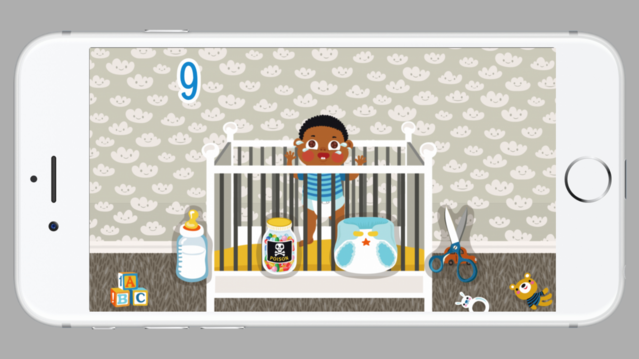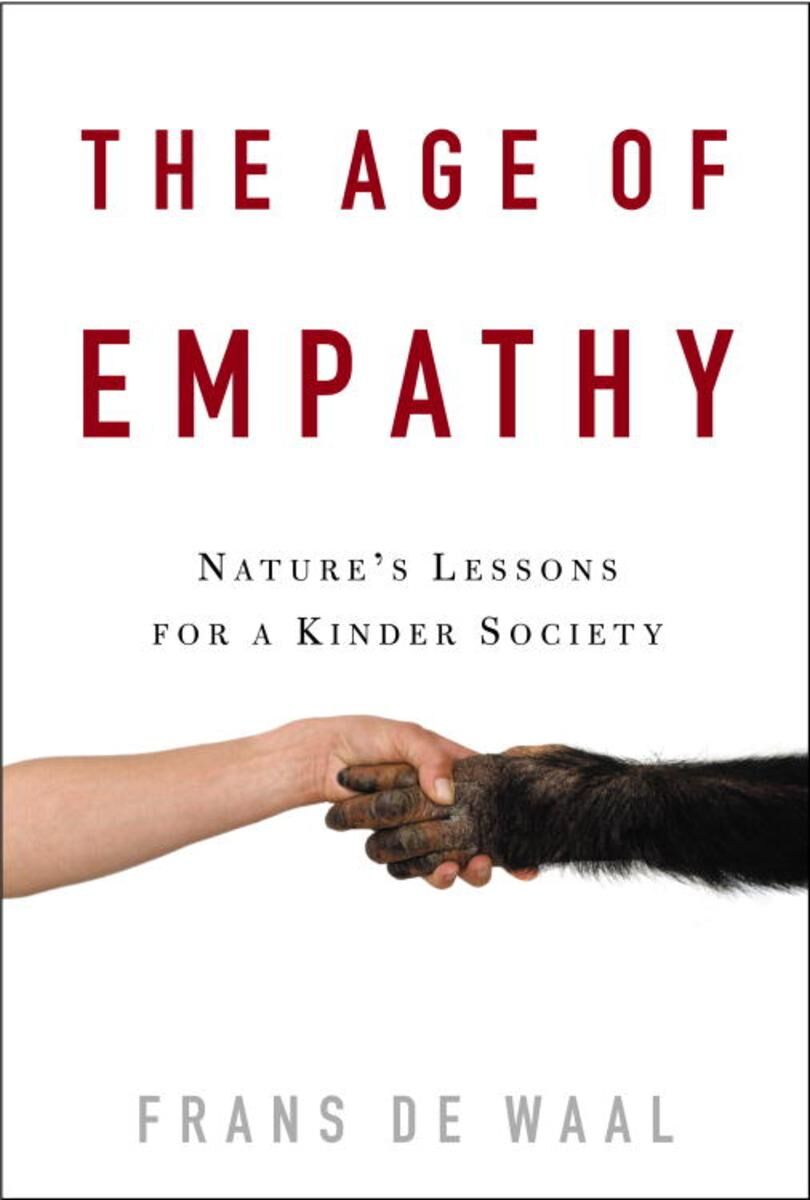I FEEL YOU
The science of empathy.

(Hands: Shutterstock | Atticus Finch: Universal Pictures)
“You never really understand a person until you consider things from his point of view . . . until you climb into his skin and walk around in it.”
― Atticus Finch,
To Kill a Mockingbird
em
pa
thy
Two Types of Empathy
1. Cognitive
The ability to know how the other person feels and what they might be thinking. This kind of empathy is also known as “perspective-taking.”
Pros: Helpful when making negotiations or when trying to motivate people. Managers who are good at perspective-taking can move workers to give their best efforts.
Cons: Can be clinical and detached; people can use it to their advantage without really caring for the other person. Narcissists and sociopaths use it to actually hurt others.
2. Emotional (or Affective)
The ability to physically feel what others feel, as though their emotions were contagious. Uses brain cells called mirror neurons, which create an “echo” of another’s emotions inside our own minds.
Pros: Attunes us to another person’s inner emotional world, a plus for a wide range of professions, from sales to nursing—not to mention for any parent or lover.
Cons: An inability to manage one’s own distressing emotions can lead to paralysis and psychological exhaustion—a liability for first responders and medical professionals, who need the ability to “detach,” so they can work professionally and objectively.
Sources: Which Factors Shape Our Empathy?; Hot to Help
A New View of Empathy
In a fractured world, can we hack our own sense of empathy and get others to become more empathic? Jamil Zaki, a psychology professor at Stanford, addresses that question, and more, in this fascinating TED talk.
Empathy: There’s an App for That
When her own research indicated that, in recent decades, young people were becoming less and less empathetic, Sara Konrath decided to do something about it.
So Konrath, assistant research professor at the Research Center for Group Dynamics at the University of Michigan, knew that empathy was teachable, and her team created an interactive app for developing empathy in children.
The result is Random Act of Kindness, which includes a series of games and exercises to help nudge kids toward more empathy. See a preview here.
Download for IOS | Download for Android


How empathetic are you?
TAKE THE QUIZ
When you’re done, you’ll receive your empathy score.
Sources:
Spreng, R. N., McKinnon, M. C., Mar, R. A., & Levine, B. (2009). “The Toronto Empathy Questionnaire.” Journal of Personality Assessment, 91(1), 62-71.
Davis, M. H. (1980). “A multidimensional approach to individual differences in empathy.” JSAS Catalog of Selected Documents in Psychology, 10, 85.
BUT . . . is empathy always good?
Empathy is
fundamentally, from a moral standpoint,
a bad thing.
It makes the world worse.
So says Paul Bloom, a professor of psychology and cognitive science at Yale. He explains here:
To learn more about Bloom’s thoughts on empathy, read this Boston Review essay, or check out his book, Against Empathy: The Case for Rational Compassion (Ecco, 2016).
6 Books to Teach Kids About Empathy
A Long Walk to Water, by Linda Sue Park
Bridge to Terabithia, by Katherine Paterson
Charlotte’s Web, by E.B. White
The Hundred Dresses, by Eleanor Estes
Inside Out and Back Again, by Thanhha Lai
Where the Red Fern Grows, by Wilson Rawls
PLUS: “Seven Ways to Foster Empathy in Kids” (Greater Good)

22 Great Movies About Empathy


12 Angry Men (1957) | Amélie (2001) | Billy Elliot (2000) | Beauty and the Beast (2017) | The Breakfast Club (1985) | Do the Right Thing (1989) | E.T. (1982) | Fiddler on the Roof (1971) | Gentleman’s Agreement (1947) | Good Will Hunting (1998) | Guess Who’s Coming to Dinner (1967) | Inside Out (2015) | Juno (2007) | The Kid (1921) | Lars and the Real Girl (2007) | The Lives of Others (2006) | Magnolia (1999) | Philadelphia (1993) | La Promesse (1996) | Silence (2016) | To Kill a Mockingbird (1962) | Wonder (2017)
Dig Deeper
More reading and viewing on the topic of empathy.
Articles
How Wealth Reduces Compassion (Scientific American)
Can Pain Cultivate Empathy in Us? (Christianity Today)
Why Some People Have Less Empathy than Others (Quartz)
Can Empathy Be Learned? (RNS)
How to Be Less Self-Centered When Using Technology (Greater Good)
Virtual Reality and Empathy (Humanist)
Books
The Age of Empathy, by Frans de Waal (Broadway Books, 2010)
The Art of Empathy, by Karla McLaren (Sounds True, 2013)
Empathy (Emotional Intelligence Series) (Harvard Business Review Press, 2017)

Videos
Paul Piff: Does Money Make You Mean? (TED)
Brené Brown on Empathy (RSA)
What It Can Be Like to Live with Autism (Upworthy)
Mark Ruffalo & Murray Teach Kids About Empathy (Sesame Street)
Cheru’s Story: A Virtual Reality Experience Walk Through (World Vision)


